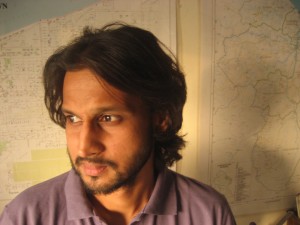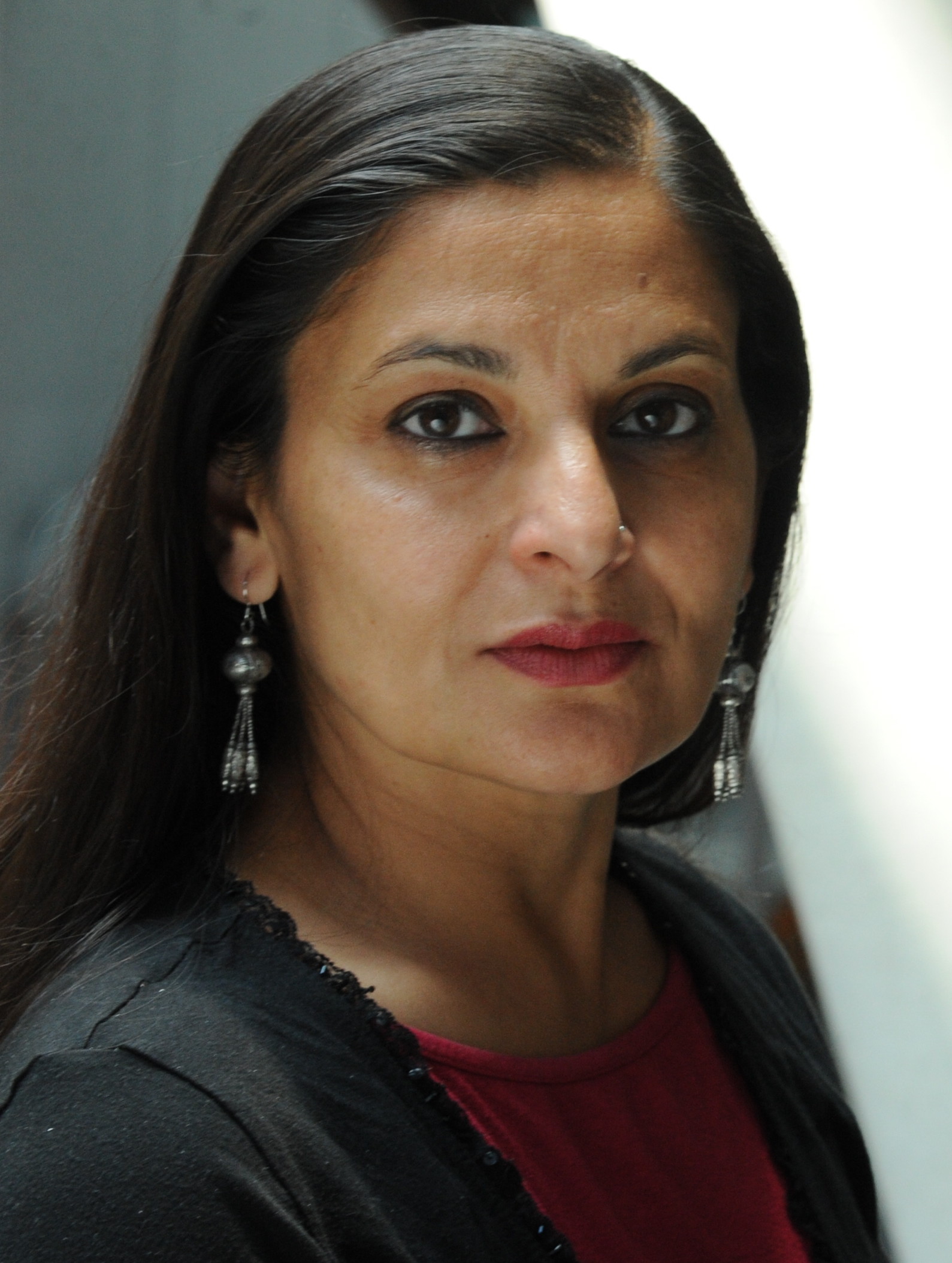
Do tell our readers a little bit about yourself and how you got into writing?
I grew up in Secunderabad and Bombay and I liked geography, music and cricket. I was a good student who became a terrible one. Because of cricket I became a cricket journalist. Soon I found I was in it as much for writing as for cricket. I wrote a cricket book. Cricket took me also to the West Indies, and I would return to set a book there. Writing these sentences I realise this sounds like a natural progression, but in fact everything about it feels to me accidental, and perhaps driven by a necessity of the moment.
Your debut novel, The Sly Company of People Who Care, resonates a travel memoir – it’s not so much about the destination, but the journey and the people that the central character meets on his adventures. What drew you to this style of writing?
I was responding to the needs of the book. I knew that the narrator would have to be a traveller, because I was writing about a world so different from mine. And the book is set in a place where displacement is the essential truth, the Caribbean. I wanted that echo throughout the novel, of migration, movement, encounters, of losing worlds and finding them – or to use your succinct word, journey.
Why did you choose Guyana as the setting of the book?
Guyana came before the book. It was a place I was intuitively attracted to, in a way that I cannot explain, in a way that I suppose one is drawn to music or light. I went there following this intuition. I knew I’d have to get it out of my system. I found eventually that to understand a place like Guyana was to understand the consequences of the brutal colonial project.
The black African voice is one that is (to my mind) quite rare in Indian literature – why do you think this is so and what stereotypes did you hope to challenge by giving the African community a voice in your novel?
I had no project of representation or inclusion. I was writing about a society constructed entirely on racial lines, with a master race (white Europeans), a colonised race (the indigenous tribes), an enslaved race (the Africans), and indentured races (Indians and Chinese and Portuguese). I wanted to see what happened in a situation like this. The experiences of slavery and indenture were so different, and it shed some light on why people are the way they are. The Caribbean man, and the black Caribbean man more so, is an attractive, charismatic character, naturally picaresque, living by his wits. He has a sense of individual freedoms that the narrator envies. In some way, perhaps, the novel is about the consequences of this aspiration.
Like a butterfly, your protagonist (Does he have a name by the way?) flutters between people and places, whilst his mind wanders, so did mine. There was a real feeling of being taken on a higgeldy piggeldy ride along the way which made me feel like I was never settled or comfortable. What were you trying to achieve here?
That’s a charming image! Incidentally, my father used to have a Bengali phrase of affectionate admonishment, ‘dushtu projapoti’, which translates to ‘naughty butterfly’. But back to the (nameless) narrator, the un-settledness is deliberate and related to the answers to your second and fourth questions above. There is a period towards the middle of the book where he feels briefly settled, and he’s sort of understood the world around him. But then he’s off on a journey with a girl he barely knows and who barely knows him, and that, of course, is always, as you call it, a higgledy-piggledy thing.
What were the main challenges for you as a creative to get your ideas down on paper?
It’s difficult to say, because writing is such a mysterious challenge. One is forever getting stuck, at the level of language, or research, or movement, or with characters, and each thing you do creates new opportunities or new troubles. Beneath all this you are confronting your own insecurities and doubts in prolonged isolation. It’s a process designed to unhinge a person, actually.
Going back to the very first moment that you decided that you were going to write a novel – did you think it was something that you would accomplish? How long did the process take?
Yes, I did. I am not a compulsive writer, so if I commit myself to something I usually finish it. There are periods of hopelessness, of course, when you question everything about yourself and your work, and beyond that the whole enterprise of writing. It passes. There are also periods of beautifully contented immersion. It took close to three years.
And how did you go about getting the book published? What have you got planned next?
I had a publisher in India and the UK (Picador), because of my first book. It was a great thrill to hear so enthusiastically from Eric Chinski, the editor-in-chief at Farrar, Straus and Giroux in America, days after he’d been sent the manuscript for consideration.
What can you tell us about the literary community in New Delhi, and what is life like living in that part of the world?
I don’t have a natural sense of community, I’m inefficient with time, and I don’t have great social stamina, all of which means that I’m not much a part of the literary circuit. Life in Delhi otherwise is very hot in summer, very cold in winter, and there are electricity cuts during both.
Finally what advice would you give to an aspiring author?
Don’t look too far ahead. I say this only because it’s something I tell myself now and then. I’m not sure if I have advice to give otherwise.
Born in 1979, Rahul Bhattacharya is the author of Pundits from Pakistan, a work of reportage on the cricket competition between India and Pakistan. He lives in New Delhi. The Sly Company of People Who Care is his first novel.

